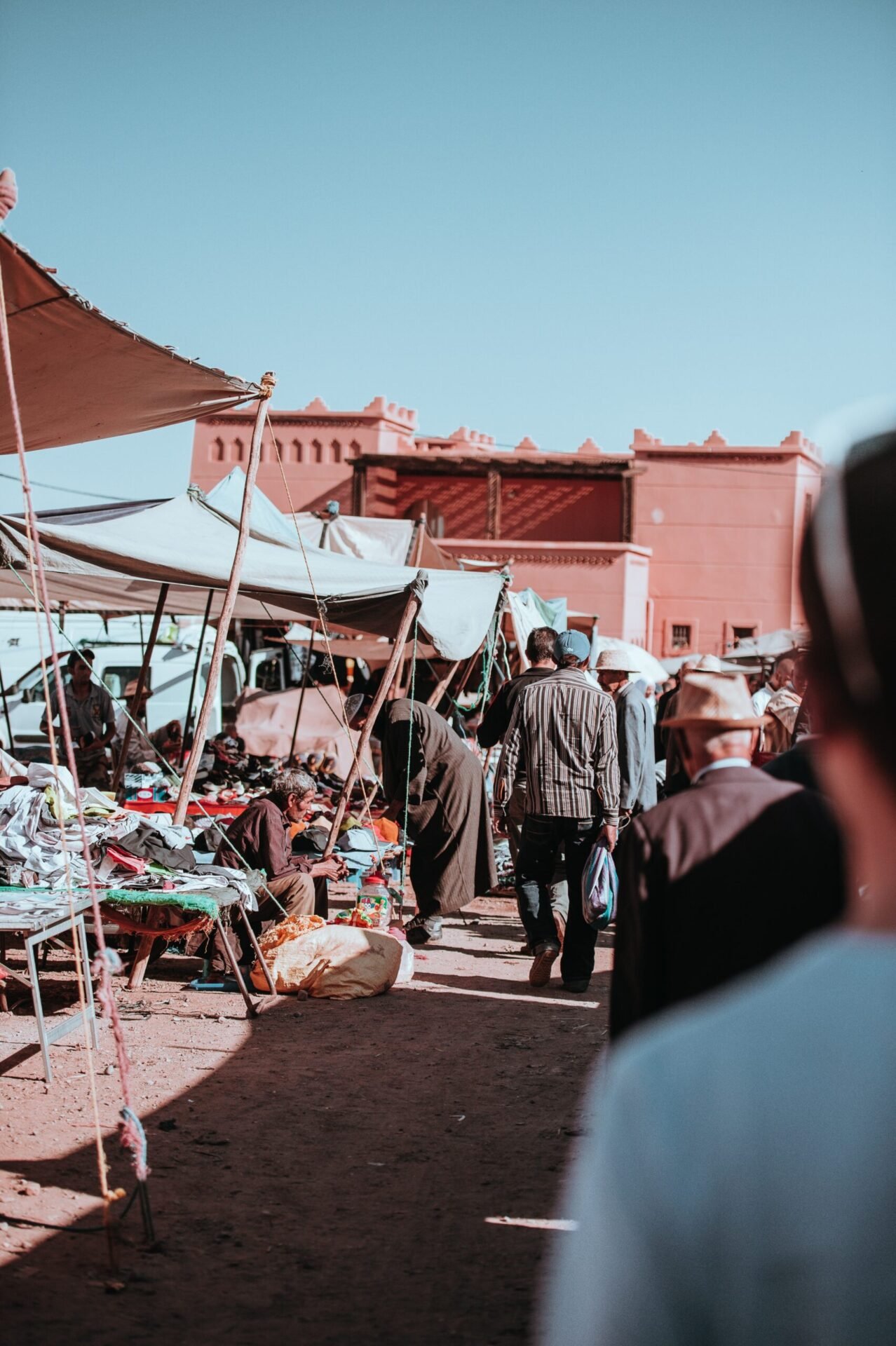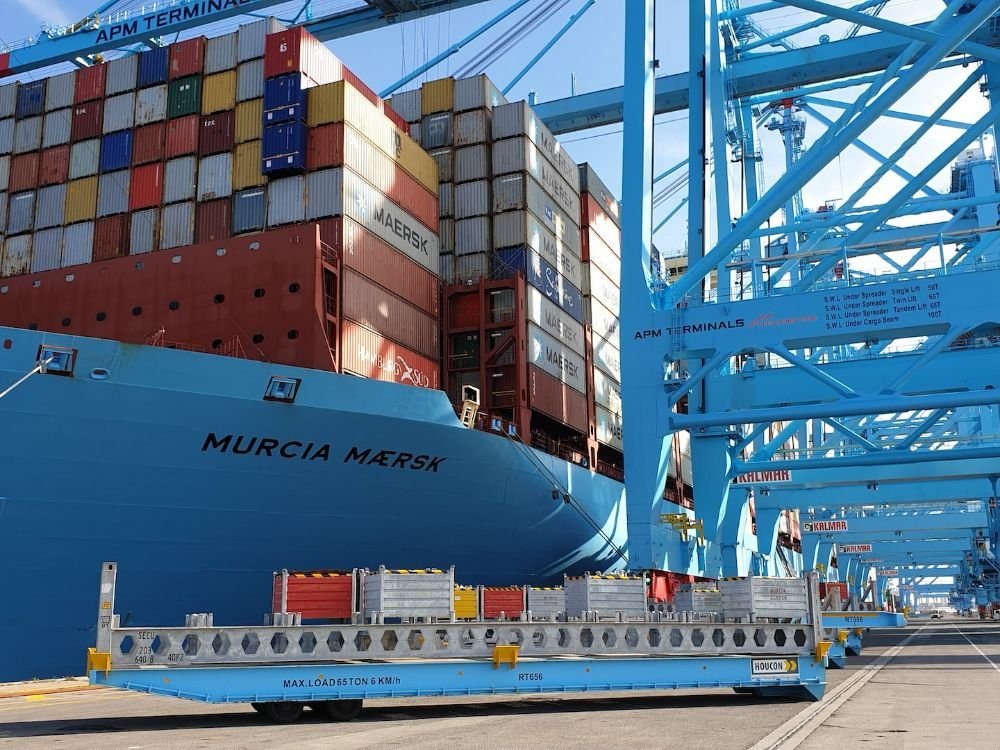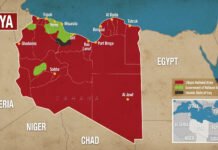
by Jakob Staubmann
Sudan, a country with a rich history and diverse culture, has been plagued by a devastating civil war for several decades. The roots of this conflict can be traced back to a complex web of political, social, and economic factors. In this blog post, we will delve into the reasons behind the outbreak of war in Sudan, the influential warlords involved, the current state of development, and the future implications of this ongoing struggle.
The Origins of the Conflict
The war in Sudan can be attributed to a combination of power struggles and resource disputes. Historically, Sudan has faced challenges in establishing a stable democratic system. The country has experienced multiple military coups and authoritarian regimes, which have hindered the growth of democratic institutions.
Furthermore, Sudan is home to a diverse range of ethnic and religious groups, each vying for political representation and access to resources. The government’s failure to address these grievances and ensure equitable distribution of wealth has fueled tensions and provided fertile ground for conflict.
The Warlords of Sudan
Several influential warlords have emerged in Sudan, each with their own agenda and power base. These warlords, often operating outside the realm of law, have perpetuated the cycle of violence and instability in the country.
One prominent figure is General Mohamed Hamdan Dagalo, also known as Hemeti, who leads the Rapid Support Forces (RSF). The RSF has been accused of committing human rights abuses and has played a significant role in the conflict in Darfur.
Another influential warlord is Abdul Wahid al-Nur, the leader of the Sudan Liberation Movement/Army (SLM/A). Al-Nur has been a key player in the Darfur conflict and has been critical of the government’s handling of the crisis.
Development and Future Implications
The ongoing civil war in Sudan has had a devastating impact on the country’s development. The conflict has resulted in widespread displacement, loss of life, and a severe humanitarian crisis. Basic services such as healthcare, education, and infrastructure have been decimated, leaving the population vulnerable and marginalized.
The future of Sudan remains uncertain, with many challenges lying ahead. However, there is hope for peace and stability. The recent signing of a power-sharing agreement between the military and civilian representatives is a positive step towards resolving the conflict and establishing a democratic system.
The Role of the UN and Foreign Countries
One question that arises is why the United Nations has not played a more prominent role in ending the war in Sudan. The UN has been involved in peacekeeping efforts in Sudan through its mission known as UNAMID. However, the effectiveness of these efforts has been limited, and the UN has faced challenges in gaining the cooperation of all parties involved in the conflict.
Additionally, foreign countries have had varying degrees of involvement in the civil war in Sudan. Some countries have provided support to different factions, exacerbating the conflict and prolonging the suffering of the Sudanese people. The motives behind this involvement range from geopolitical interests to access to resources.
The Path to Democracy
Sudan has a long and complex history with democracy. The country gained independence from British colonial rule in 1956 but has struggled to establish a sustainable democratic system. The current power-sharing agreement holds promise for a democratic transition, but it will require the commitment and cooperation of all stakeholders.
In conclusion, the crisis in Sudan is a result of a complex interplay of power struggles, resource disputes, and historical challenges in establishing a stable democratic system. The warlords involved, the development implications, and the role of the UN and foreign countries all contribute to the complexity of the conflict. As Sudan navigates its path to democracy, it is crucial for the international community to support efforts towards peace and stability in the region.



























